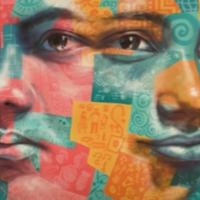
I was sleeping in the kids’ room on a mattress on the floor. It was very thin
so I had to fold it so I don’t hurt when I sleep. The mattress was very filthy.
They would not allow me to use the phone. When I came back, my parents said ‘you never called us. You could have died’.
The woman started hitting me and said: “you did not come here to get sick.” She called her sister-in-law who came over and they stripped me naked and beat me with plastic hangers. The construction workers could hear me screaming from outside but couldn’t help. When the husband came back he took me to the room and raped me anally. After he finished raping me, they took me to the brother’s house and the next day they put me on a flight back to Tanzania. They took the money I earned, and only gave my passport back. They just left me at the airport. I was scared, traumatized, and didn’t know who to speak to.
As told to researchers for Human Rights Watch









